All Pet Health Articles
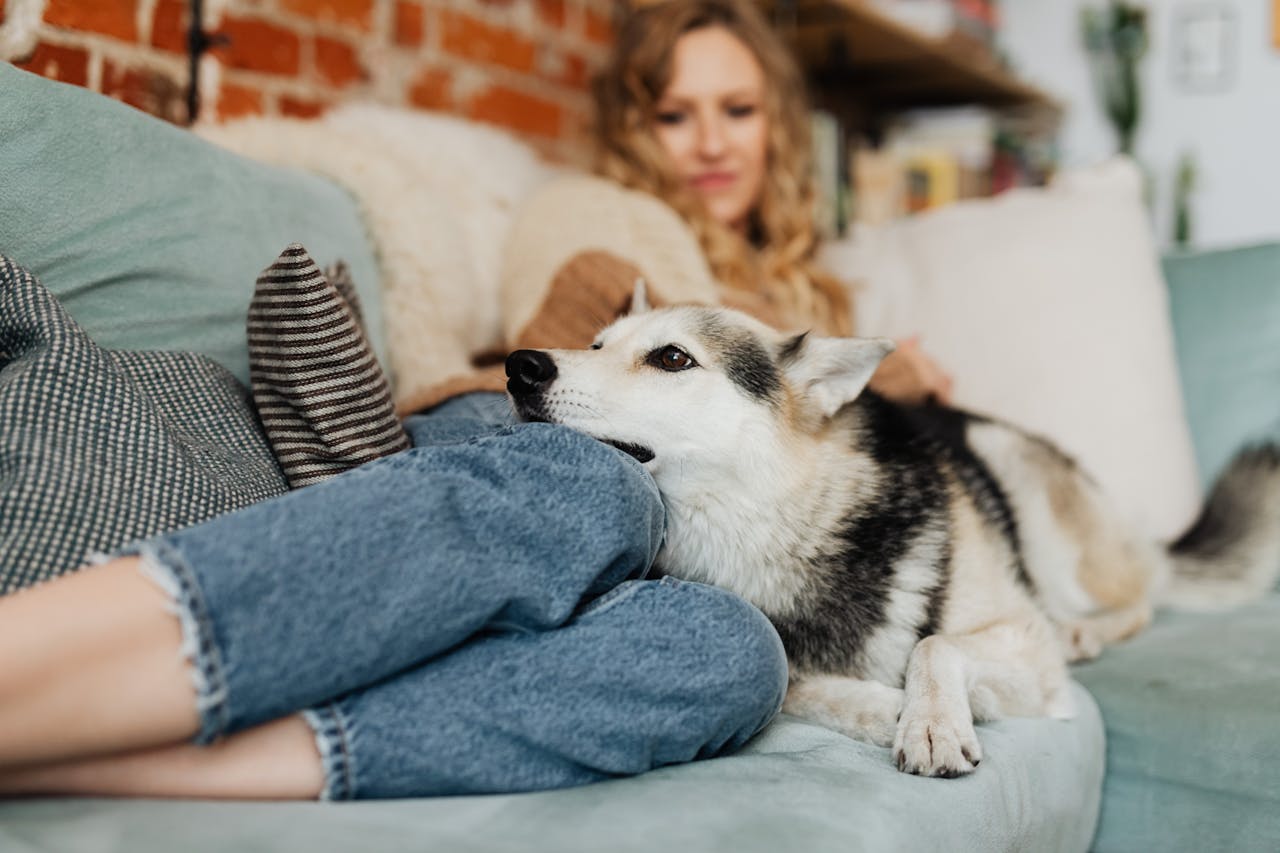
Why Does My Dog Lie on Me?
If your dog loves to stretch out on your lap or lie right on your chest, you might have wondered why they always seem to choose the coziest (and sometimes least convenient) spot—especially when it means a paw in your face. As much as it might test your patience, this kind of closeness actually comes from a natural place. It's your dog’s way of showing trust, affection, and a strong connection with you.
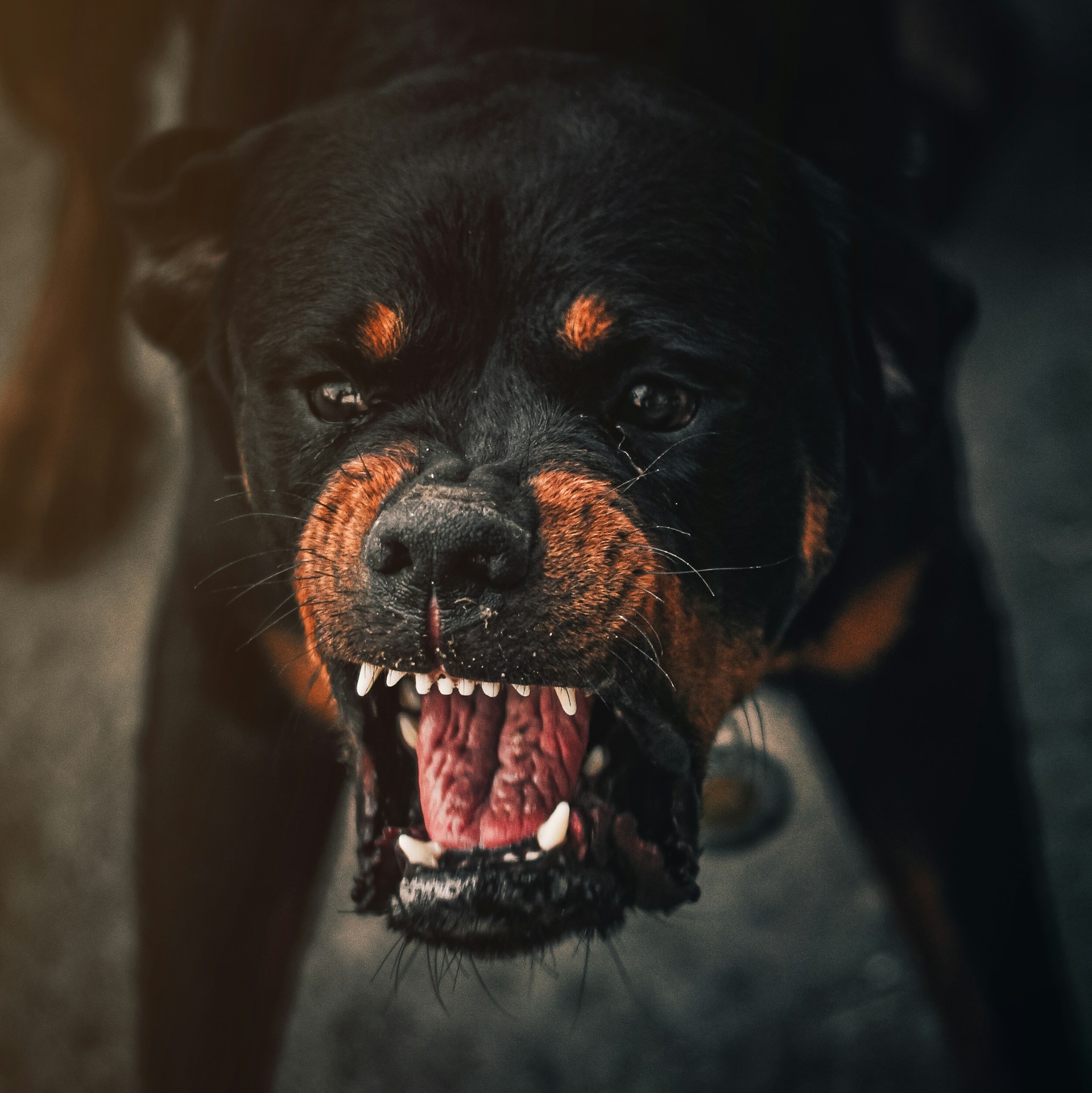
Understanding Dog Aggression: What Every Pet Parent Should Know
It can be really unsettling to see your dog act aggressively. Most of us think of our dogs as loving, loyal companions, so any sign of aggression can be confusing and even a little frightening. But the truth is, aggression doesn’t automatically mean your dog is “bad.” There’s usually more going on beneath the surface.
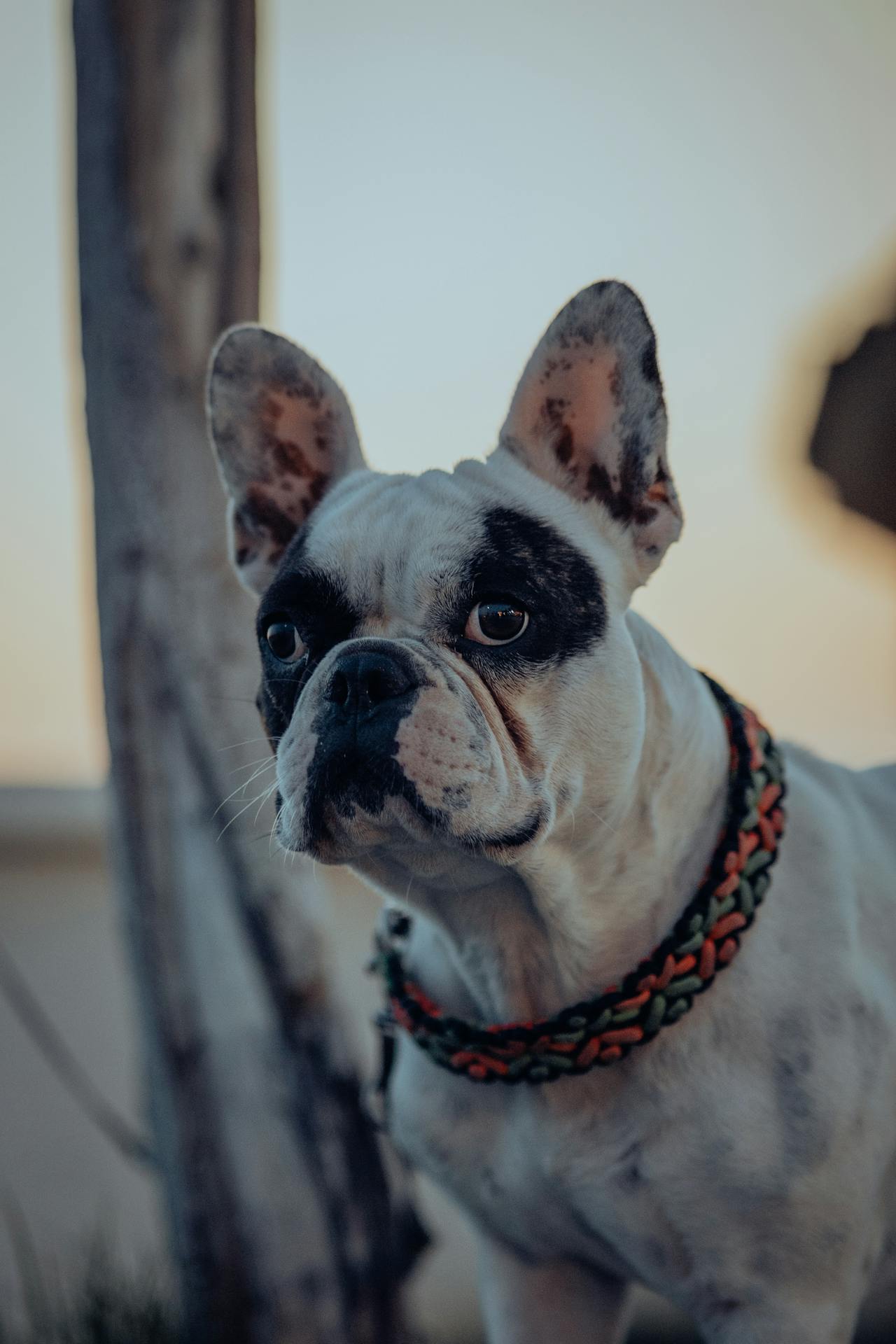
Why Is My Dog Afraid of Everything?
Helping Your Dog Overcome Fear Does your dog seem afraid of everything? You're definitely not the only one dealing with this—and it doesn’t mean you’re doing anything wrong as a pet parent. Just like people, dogs can have fears and anxieties that affect their daily lives. Things that seem simple to us—like going for a walk or having friends over—can feel overwhelming to a fearful dog. But the good news is, with patience and understanding, you can help your pup feel more confident and secure.
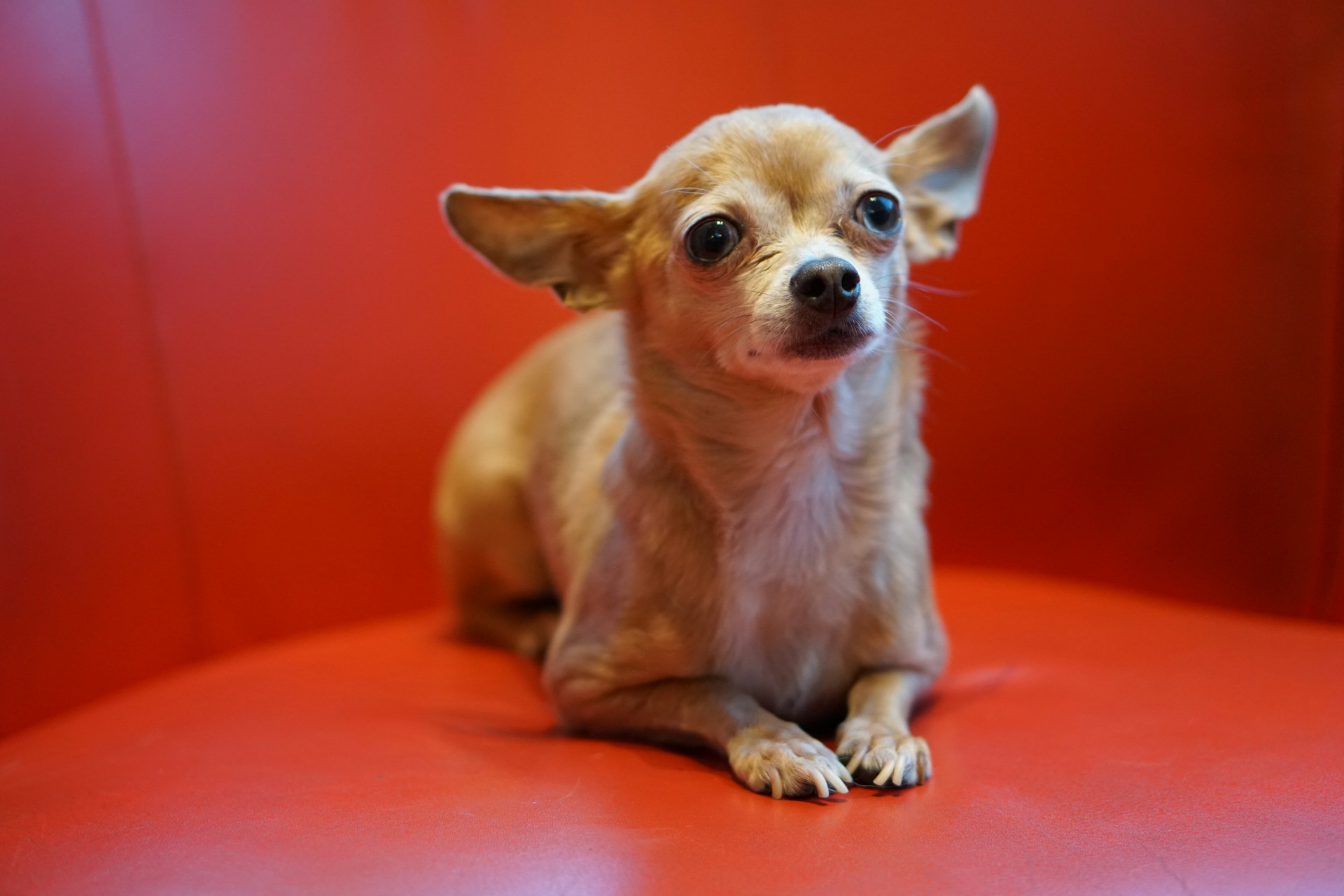
Do Dogs Get Embarrassed? Understanding Your Pup’s Emotions
We’ve all been there—walking into the room just in time to catch our dog doing something they definitely shouldn’t be. Maybe they’ve torn through the trash, are sprinting in wild circles after a bath, or are giving us that guilty look after sneaking food off the counter. And in those moments, it’s hard not to ask ourselves: do they actually feel embarrassed?
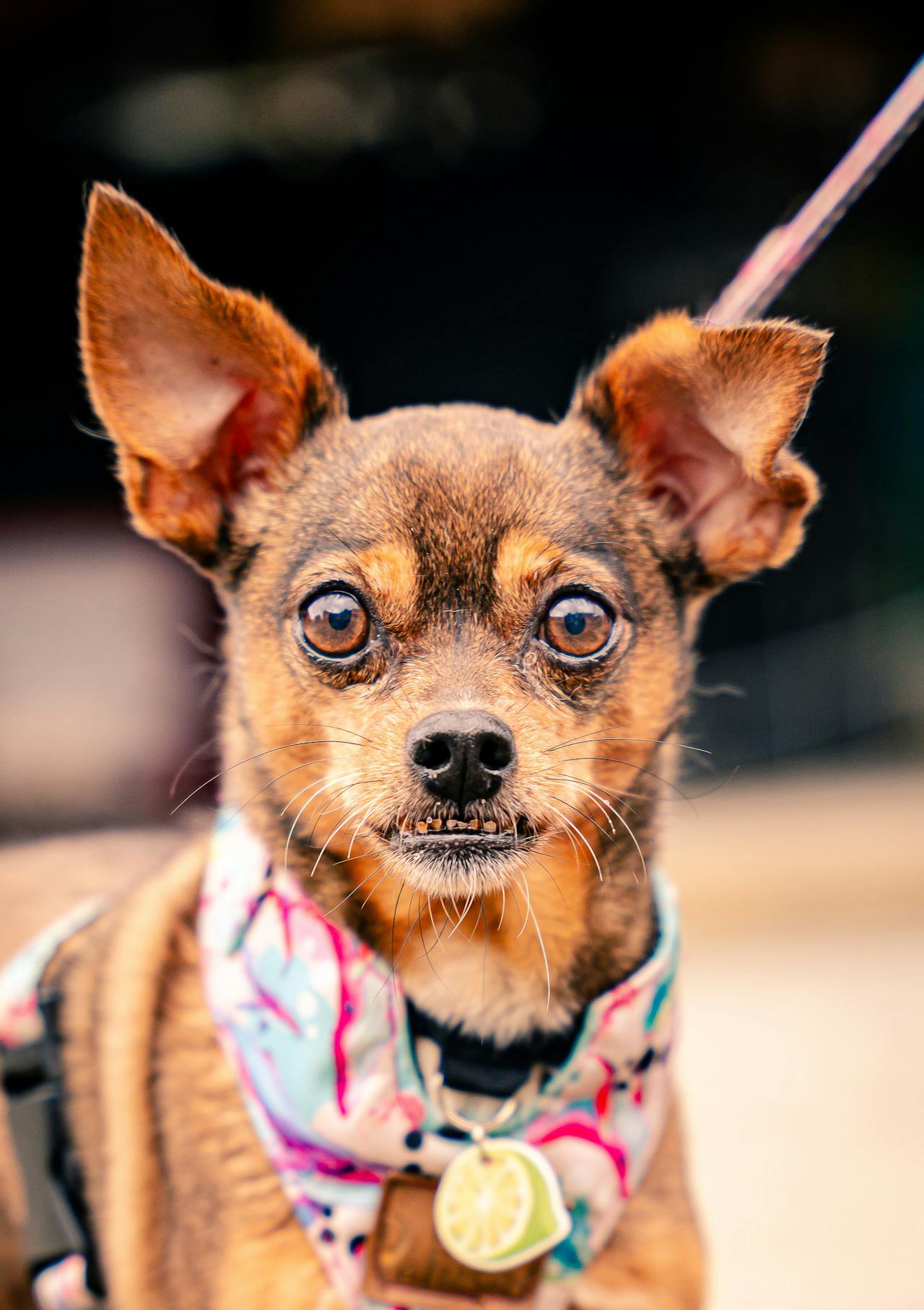
Why Does My Dog Stare at Me? Here's What They're Really Trying to Say
Ever catch your dog just staring at you for no clear reason? You’re doing your thing—maybe watching TV or grabbing a snack—when you suddenly feel eyes on you. You look up, and there’s your dog, locked in a full-on gaze. If you’ve ever wondered what’s going through their mind in that moment, you’re definitely not alone.
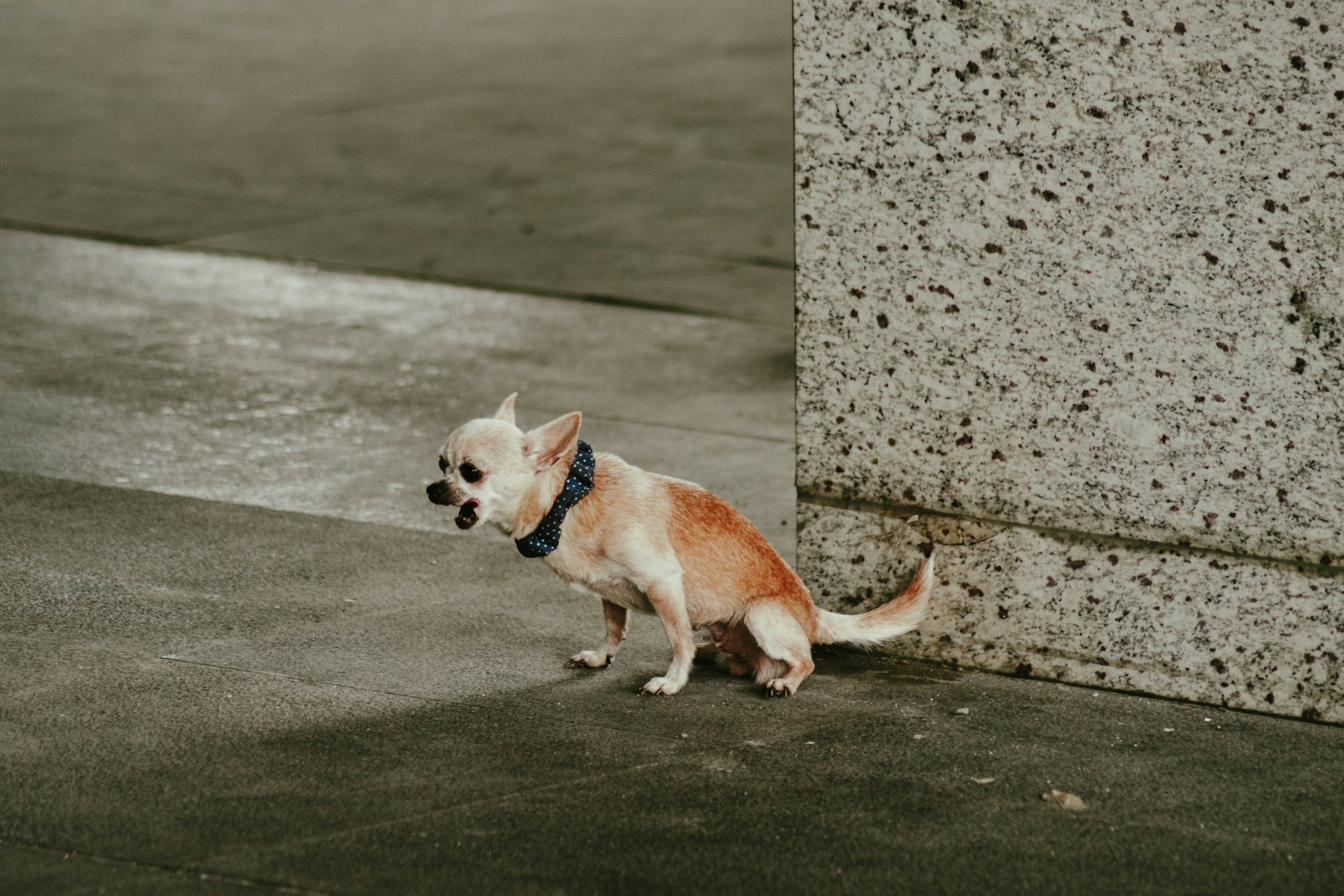
Why Is My Dog Pooping in the House? (And What You Can Do About It)
Coming home to find an unexpected mess on the floor is never fun—especially when your dog was doing so well with their house training. If your furry friend has recently started going to the bathroom inside, it's natural to wonder what's caused this sudden change.
Get insurance plans with wide-ranging coverage options






